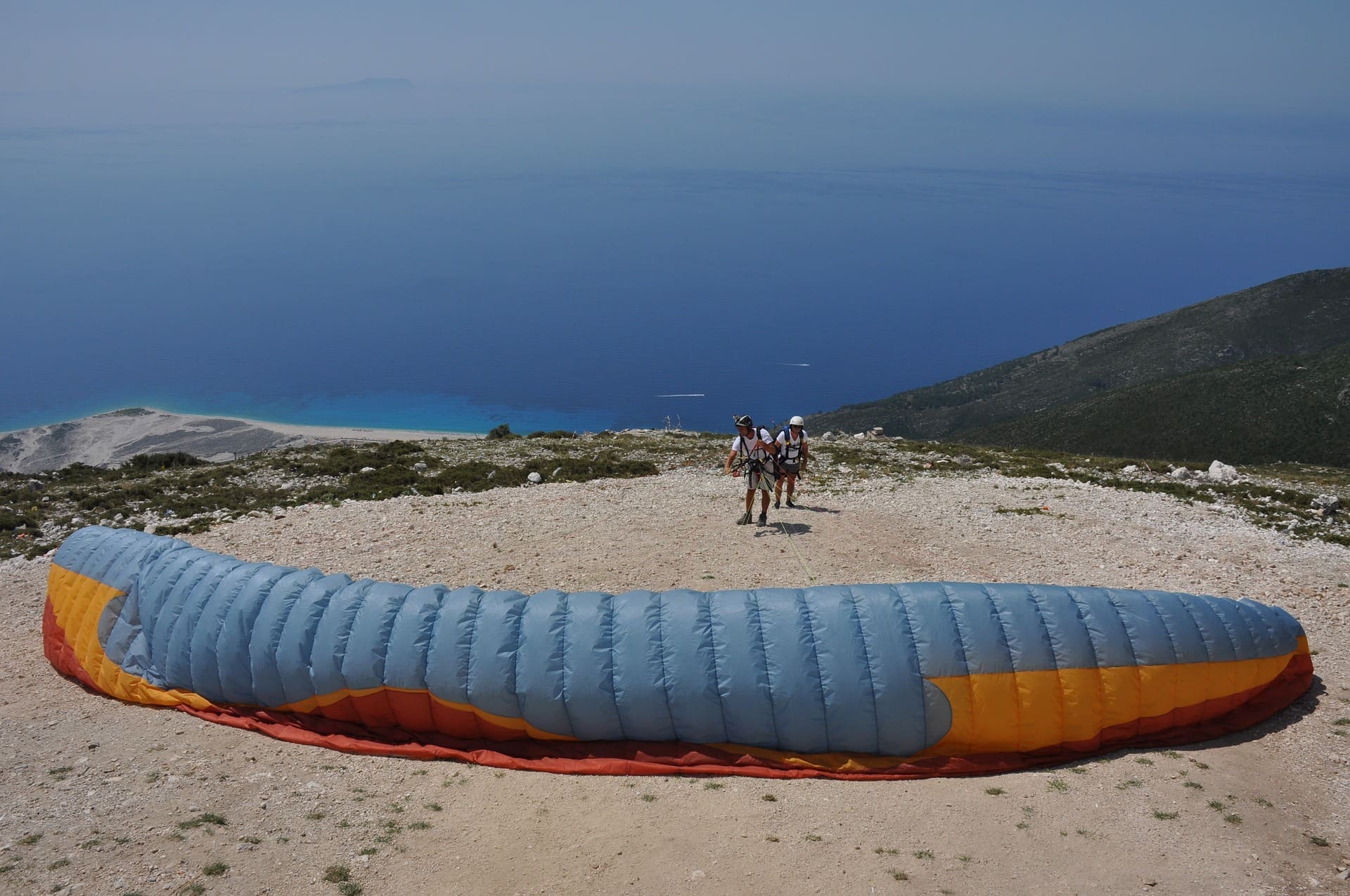Albania
vibrant, colorful, diverse, flavorful, captivating
About Albania
Culture and Religion
Where to go
How to get there
Visa Requirements
Travelling Budget
About Albania
Albania, officially known as the Republic of Albania, is a small but culturally rich country located in Southeastern Europe. It is bordered by Montenegro to the northwest, Kosovo to the northeast, North Macedonia to the east, Greece to the south, and the Ionian and Adriatic Seas to the west.
Albania is known for its diverse and stunning natural landscapes. From the rugged Albanian Alps in the north to the pristine beaches of the Adriatic and Ionian coasts in the south, the country offers a wide array of outdoor activities and breathtaking scenery. The Albanian Riviera, with its crystal-clear waters and picturesque villages, is particularly popular among tourists.
Beyond its natural beauty, Albania boasts a long and fascinating history. The country has been inhabited since ancient times, and various civilizations, including Illyrians, Greeks, Romans, Byzantines, and Ottomans, have left their marks on its culture and architecture. The UNESCO-listed city of Berat and the ancient ruins of Butrint are just a couple of the many historical sites worth exploring.
Albania is also known for its warm hospitality and delicious cuisine. The locals are renowned for their friendliness and willingness to help visitors, making a trip to Albania a memorable and enjoyable experience. Traditional Albanian dishes, such as byrek (a savory pastry), fërgesë (a hearty stew), and baklava (a sweet pastry), showcase the country’s culinary heritage.
While Albania has undergone significant economic and social transformations since the fall of communism in the 1990s, it still faces challenges in terms of development and infrastructure. However, the country has seen a steady increase in tourism over the years, attracting visitors from around the world who are eager to discover its hidden gems.
In conclusion, Albania is a country that offers a unique blend of stunning landscapes, rich history, warm hospitality, and delicious cuisine. Whether you are seeking adventure in the mountains, relaxation on the coast, or a cultural journey through ancient sites, Albania is a destination worth exploring.
Culture and Religion
Albania is a country that boasts a rich and diverse cultural heritage. Its culture is deeply influenced by its history and the various civilizations that have inhabited the region.
Religion plays a significant role in Albanian culture, with Islam, Christianity (both Catholic and Orthodox), and Bektashi Sufism being the major faiths practiced by the population. This religious diversity is a result of the country’s historical past and the influences of the Ottoman and Byzantine empires. Despite having a majority Muslim population, Albania is known for its religious tolerance and harmony.
The Albanian language, known as Albanian or Shqip, is an important part of the nation’s cultural identity. It is one of the oldest and unique Indo-European languages still spoken today. Music and dance are also integral to Albanian culture, with traditional folk music and dance being closely tied to the country’s rural and mountainous regions.
Albanian cuisine reflects the country’s Mediterranean and Balkan influences. Popular dishes include tave kosi (baked lamb with yogurt), lakror (a savory pie), qofte (meatballs), and baklava (a sweet pastry). The locals take pride in their culinary traditions, and food plays a central role in social gatherings and celebrations.
Art and literature are highly regarded in Albanian culture. Prominent writers and poets have emerged from the country, contributing to its literary heritage. Albanian architecture is also noteworthy, with influences from the Ottoman Empire and Byzantine period evident in structures such as mosques, churches, and traditional houses.
In recent years, Albania has made efforts to preserve and promote its cultural heritage. Museums, art galleries, and cultural festivals have been organized to showcase and celebrate Albanian traditions.
In conclusion, Albanian culture is a vibrant fusion of various influences and traditions. It is characterized by religious diversity, a unique language, rich cuisine, and a deep appreciation for the arts. The country’s cultural heritage is an integral part of its national identity and continues to be cherished and celebrated by its people.
Where to go

Berat
Known as the “City of a Thousand Windows,” Berat is a UNESCO World Heritage site famous for its well-preserved Ottoman architecture. Explore the ancient fortress, visit the beautiful medieval churches, and wander the narrow cobblestone streets.
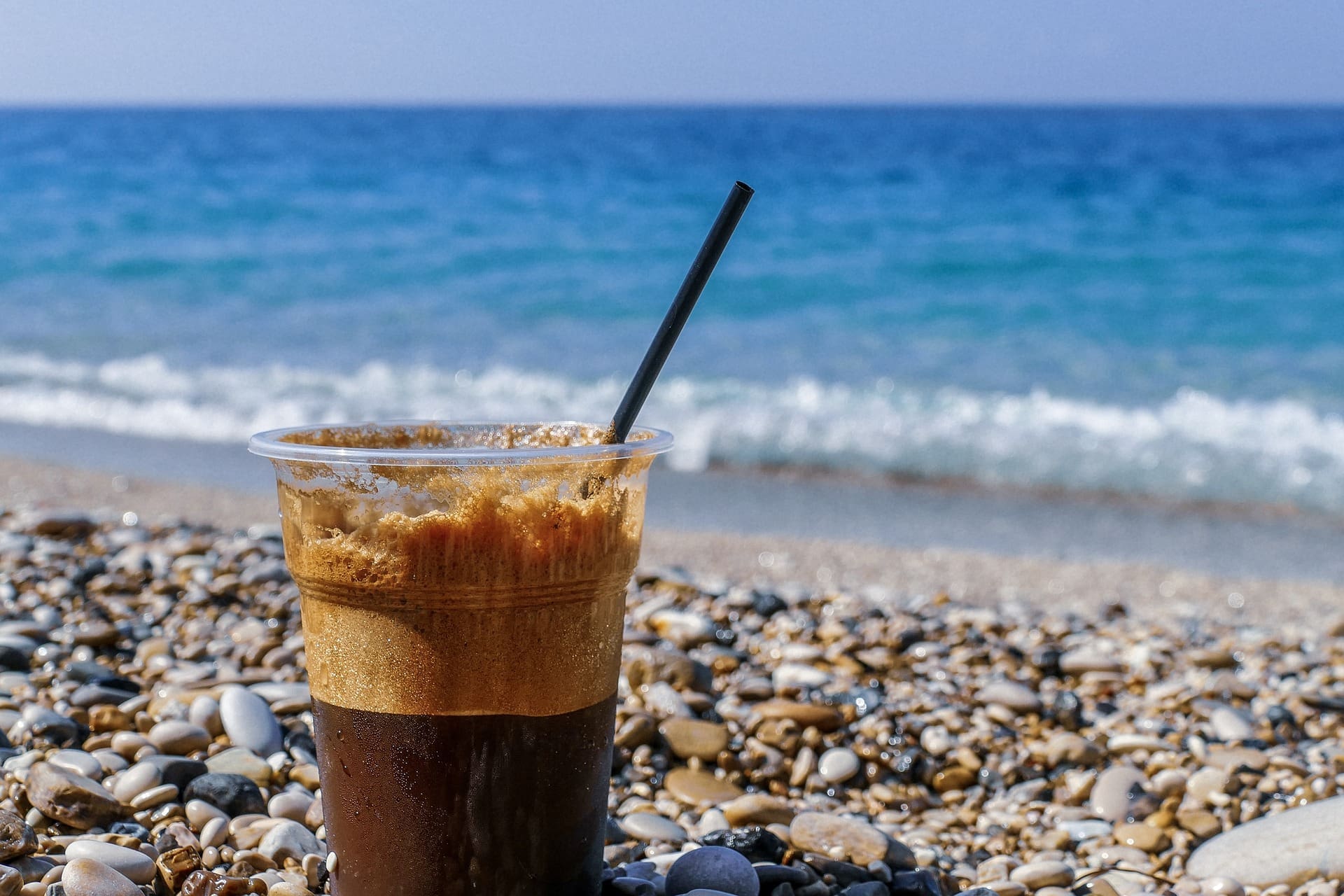
Albanian Riviera
Experience the stunning coastal beauty of the Albanian Riviera. With its crystal-clear waters, secluded beaches, and picturesque villages like Himara and Saranda, it’s the perfect place to relax, swim, and enjoy the Mediterranean vibes.

Butrint National Park
Immerse yourself in the ancient ruins of Butrint, a UNESCO World Heritage site showcasing remnants from Greek, Roman, and Byzantine periods. Discover the well-preserved theater, basilica, and city walls in the midst of a beautiful natural setting.
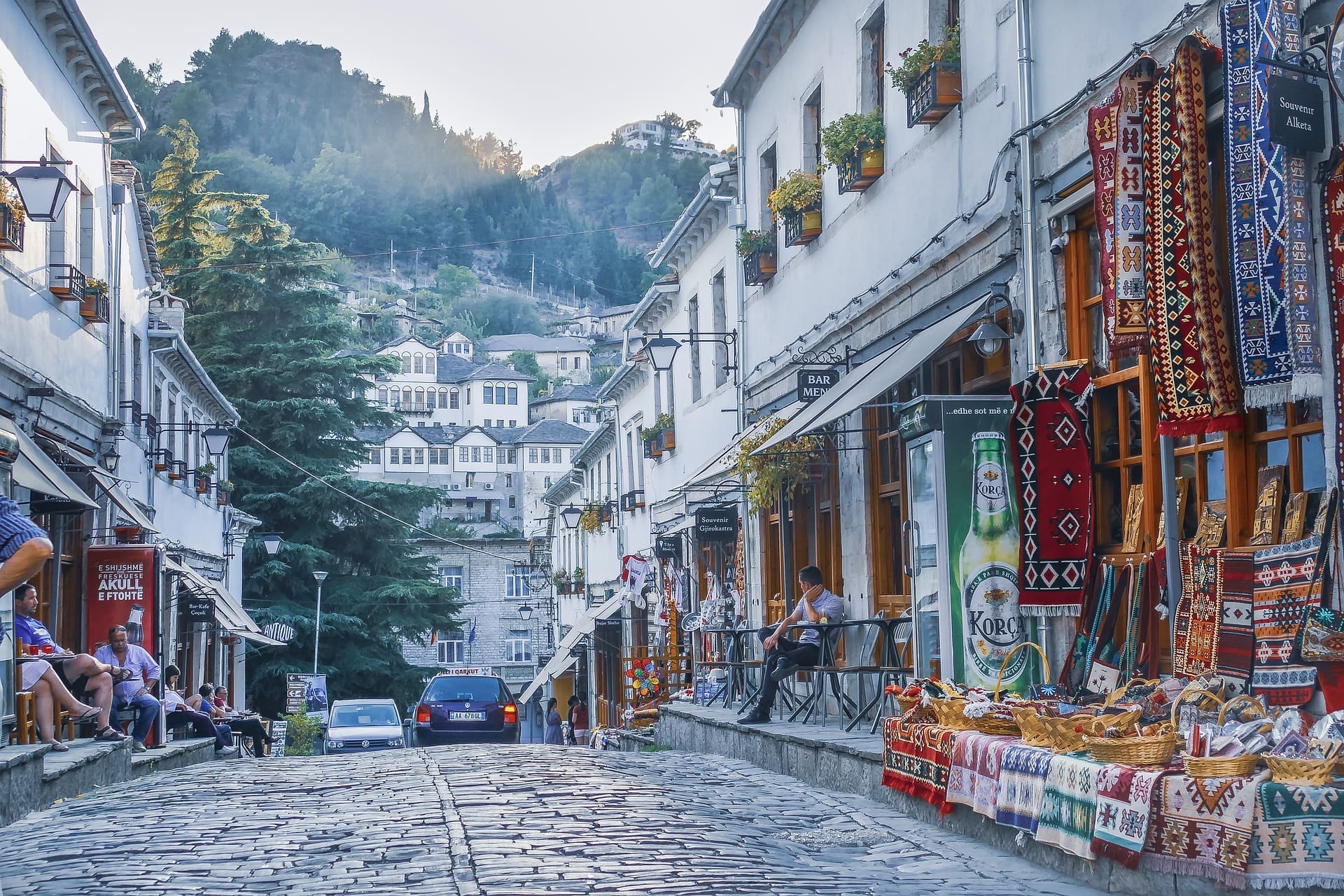
Gjirokastër
Step back in time by visiting Gjirokastër, a medieval town with Ottoman influences. Visit the imposing Gjirokastër Fortress, wander through the charming Ottoman-style bazaar, and explore the unique Ismail Kadare House Museum.
Note: These are just a few highlights in Albania, but the country offers much more to explore, including the vibrant capital city of Tirana, the historic town of Kruja, and the natural wonders of Lake Ohrid and Apollonia Archaeological Park.
How to get there
Getting to Albania is relatively easy, with several transportation options available. Here are some common ways to reach Albania:
By Air: The most convenient way to travel to Albania is by air. The country has two international airports: Tirana International Airport (TIA) and Mother Teresa Airport in Tirana, and the Kukes International Airport in Kukes. Several airlines offer direct flights to Albania from major European cities, including Vienna, Rome, Istanbul, Frankfurt, and London.
By Road: Albania is well-connected by road with its neighboring countries, including Montenegro, Kosovo, North Macedonia, and Greece. If you are in Europe, you can drive to Albania by crossing the borders. There are also bus services that operate between Albania and its neighboring countries, making it an affordable and convenient option.
By Ferry: If you prefer a scenic route and are coming from Italy, you can take a ferry from ports such as Bari, Ancona, or Brindisi. This option allows you to bring your own vehicle if desired. Ferries operate throughout the year and provide a picturesque journey across the Adriatic Sea.
By Train: While Albania does have a train network, train travel may not be the most efficient way to get to the country. However, if you are coming from neighboring countries, like North Macedonia or Greece, you can take a train until the border and then continue your journey by bus or car.
Once in Albania, you can travel around the country using various modes of transportation, including buses, taxis, and rental cars. The road network is improving, making it easier to explore different regions within Albania.
Visa Requirements
Albania has a relatively lenient visa policy, allowing citizens of many countries to enter without a visa, or obtain a visa on arrival. The specific visa requirements for each country can vary, so it is advisable to check with the nearest Albanian embassy or consulate for the most up-to-date information.
Visa-exempt Countries: Citizens of certain countries, such as the United States, Canada, the United Kingdom, Australia, EU member states, and many others, can enter Albania without a visa. They are usually granted a stay of up to 90 days within a 180-day period. However, it is important to note that this visa exemption does not apply to all countries, so travelers should verify their eligibility prior to their trip.
Visa on Arrival: For citizens of countries that do not have visa-exempt status, Albania offers a visa on arrival option at the international airports in Tirana and Kukes. This allows eligible travelers to obtain a visa upon arrival for a fee. The visa on arrival is typically valid for up to 90 days.
Visa Extensions: If you wish to stay in Albania beyond the allowed duration, you can request a visa extension from the Albanian Border and Migration Police or the nearest Albanian embassy or consulate before your initial visa expires. Extensions are usually granted for valid reasons, such as work, study, or family reunification.
It is important to have a valid passport with at least six months of validity remaining and carry sufficient funds to cover your stay in Albania. Additionally, travelers may be required to provide proof of onward travel and accommodation arrangements.
Again, visa requirements can change, so it is recommended to consult with the Albanian embassy or consulate in your home country or the country of residence for the most accurate and updated information regarding visa requirements for your specific situation.


Travelling Budget
Albania is generally considered an affordable destination for travelers, offering good value for money. The actual traveling budget can vary depending on your travel style, accommodation choices, dining preferences, and activities planned. However, here are some general guidelines to help you plan your budget for a trip to Albania:
Accommodation: In Albania, you can find a range of accommodation options to fit different budgets. Budget travelers can find affordable guesthouses, hostels, or Airbnb options for around $20-40 per night. Mid-range hotels typically average $50-80 per night, while luxury accommodations can start from $100 per night.
Food: Albanian cuisine is delicious and reasonably priced. Local restaurants and street food stalls offer a variety of affordable options. You can enjoy a meal at a mid-range restaurant for around $10-15 per person. Dining at upscale restaurants may cost a bit more, averaging around $20-30 per person. If you opt for self-catering or street food, you can further reduce your food expenses.
Transportation: Public transportation in Albania is relatively inexpensive. Buses and minibuses are widely available and affordable for traveling between cities or within the country. Local bus fares are usually a few dollars, while intercity rides can range from $5-15. Taxis are also affordable, starting at around $1-2 for shorter rides. Renting a car can be a bit more expensive, starting from around $25-30 per day.
Activities: Albania offers a range of activities that cater to different interests. Entrance fees for museums, historical sites, and national parks are generally affordable, usually ranging from $2-10 per person. Outdoor activities like hiking, beach activities, and water sports often have minimal or no charges, depending on the specific location and equipment rentals.
Overall, for a budget traveler, a daily estimate of around $30-50 per person can cover accommodation, food, transportation, and some activities. Of course, this can vary depending on your preferences and spending habits. It’s always a good idea to have some extra funds for unexpected expenses and to be prepared for any additional activities or souvenirs you may want to indulge in during your trip.
What makes your journey easier
Everything you need to know about what to bring to make your travels easier, more safe and fun
Be Mindfull
Gadgets
Gear
Insurance
Visa


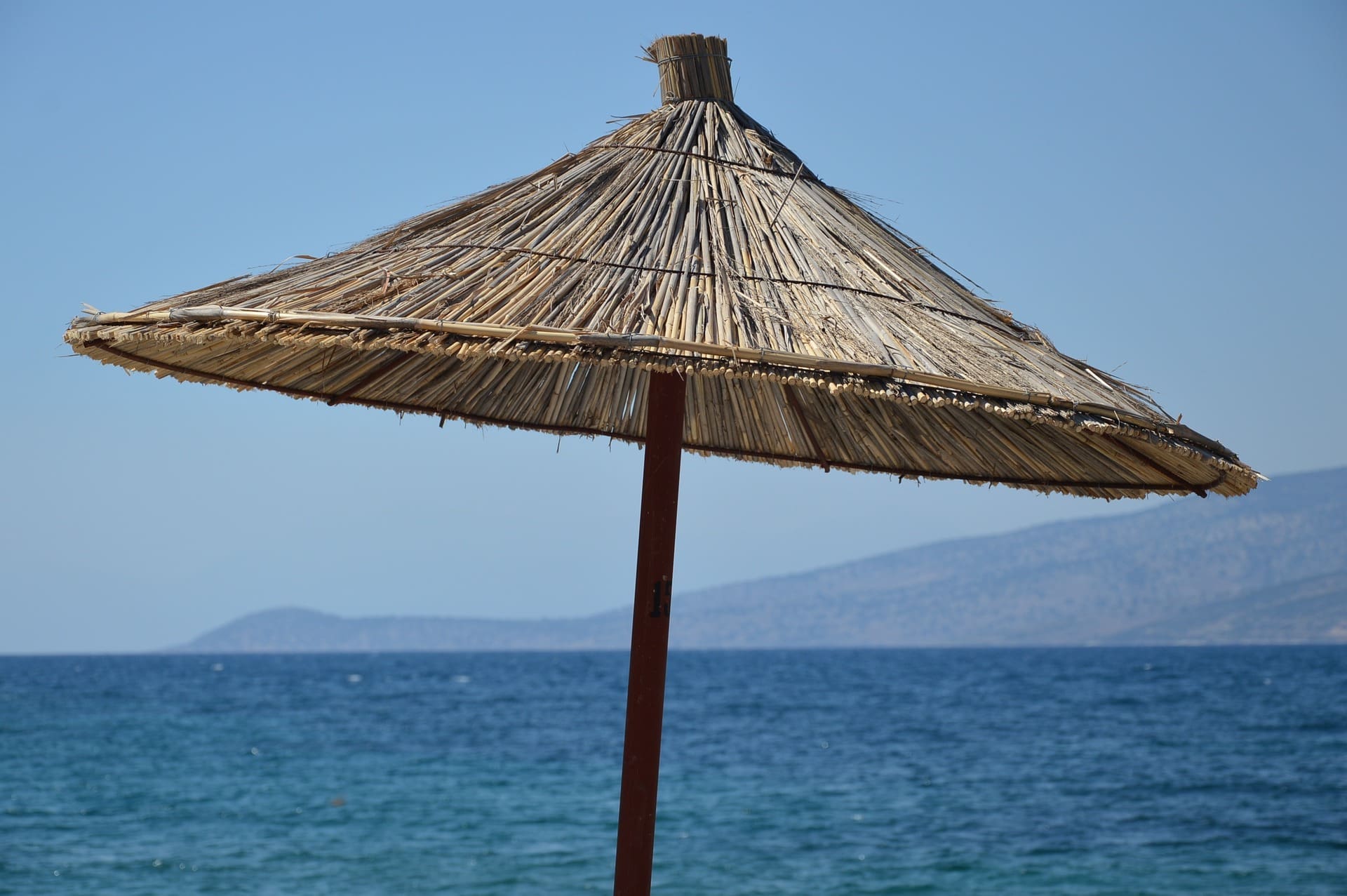
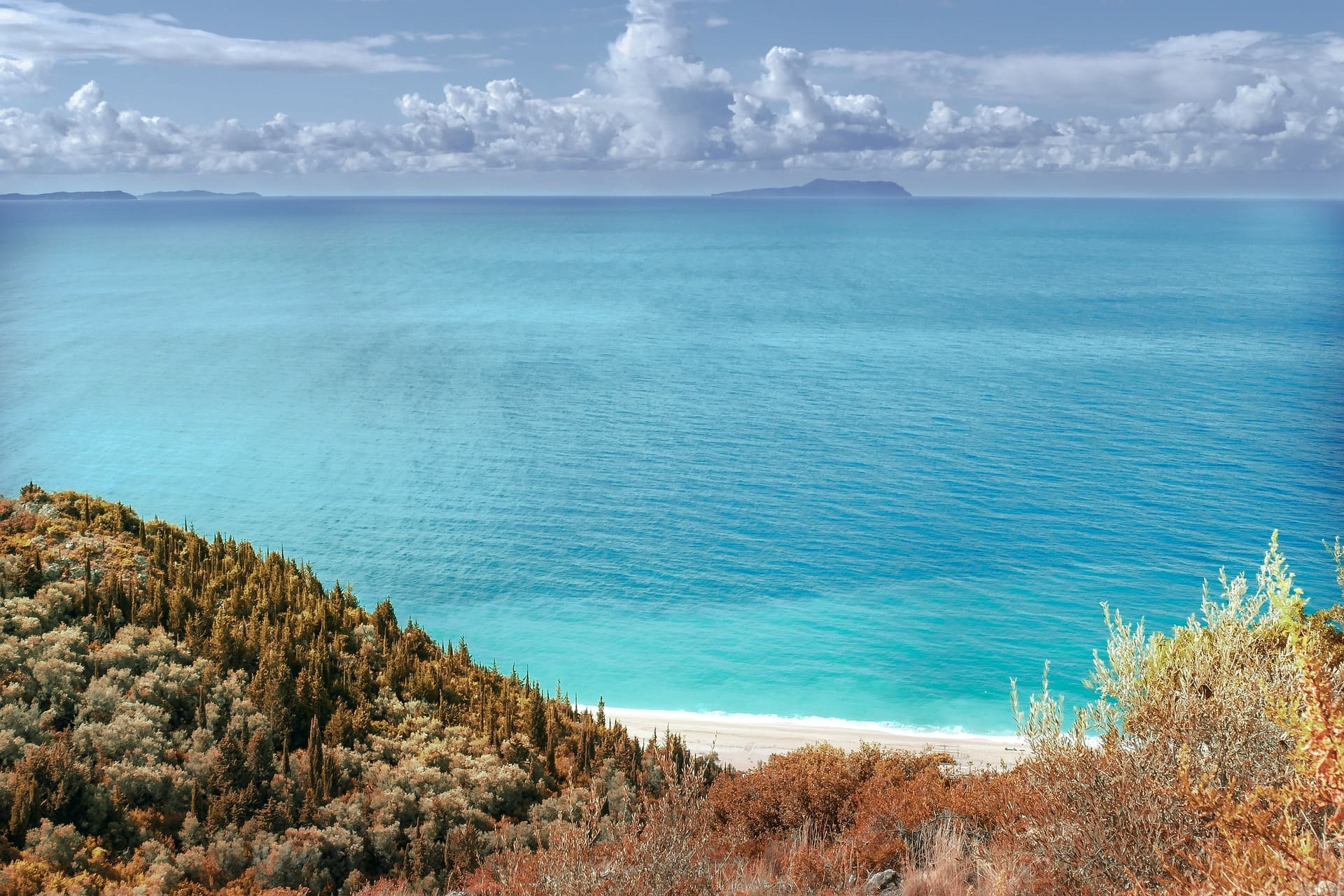


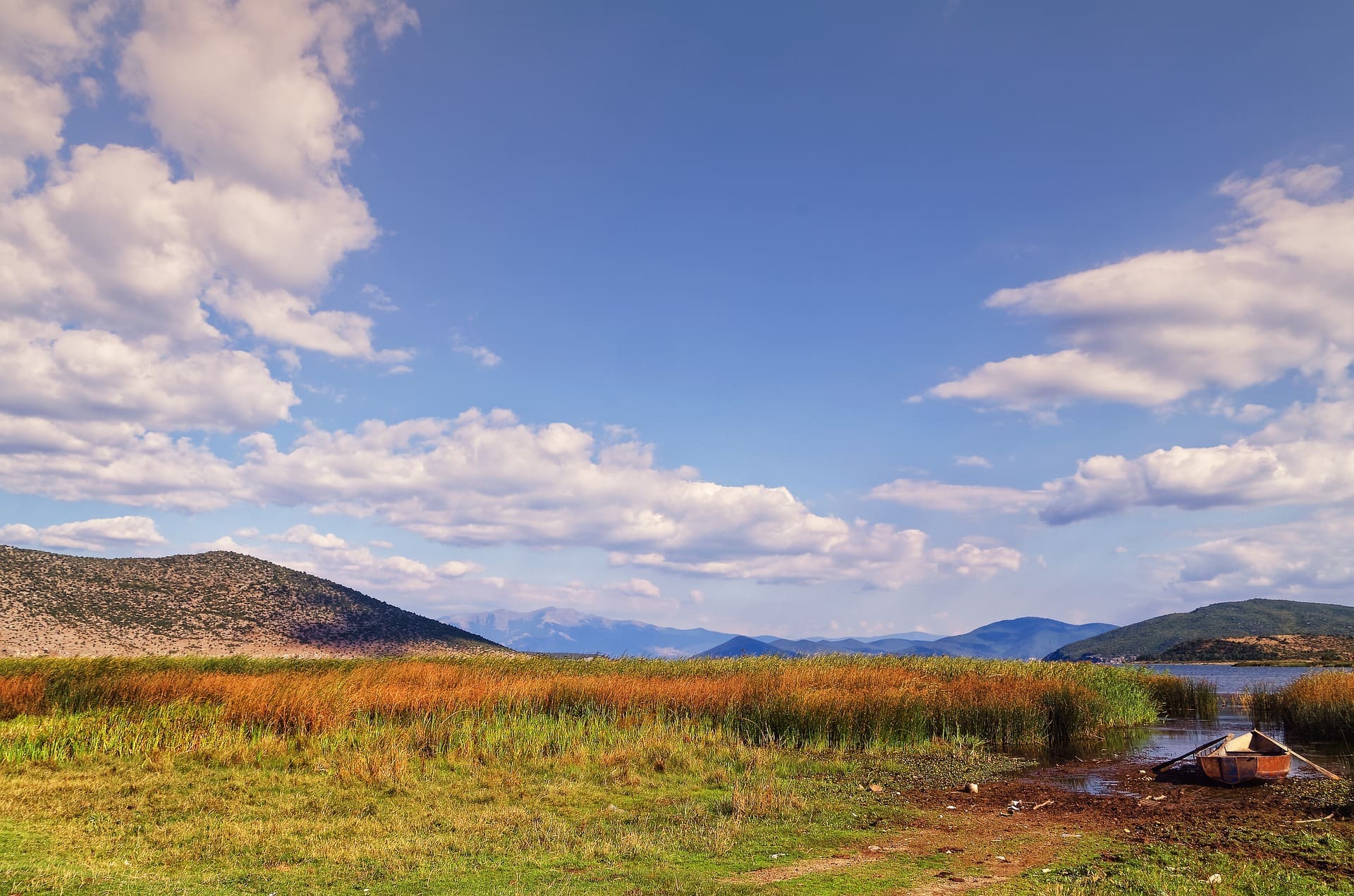



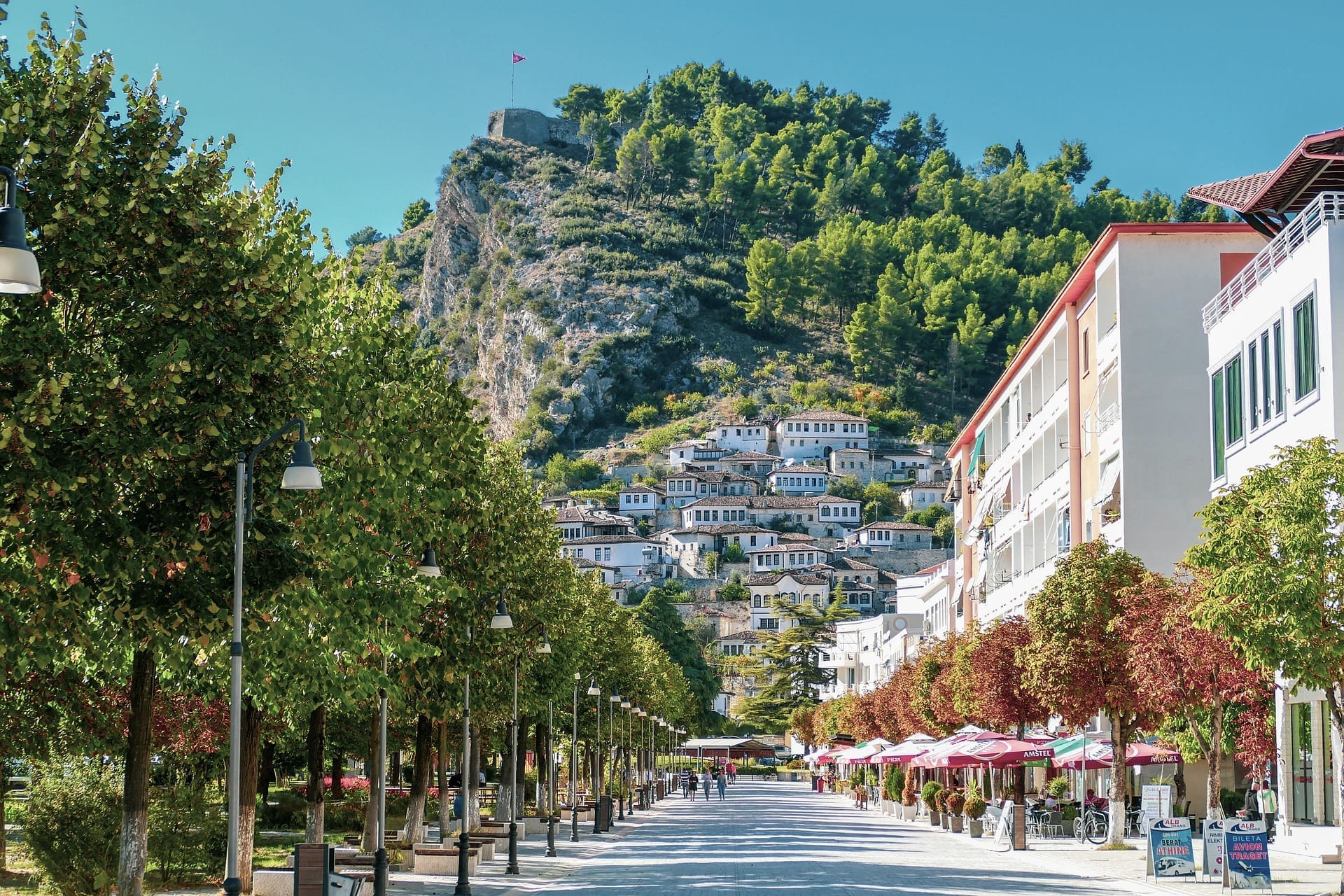


![Albania 5 [tirana]](https://travelhd.nu/wp-content/uploads/2023/08/Albania-5-tirana.jpg)


